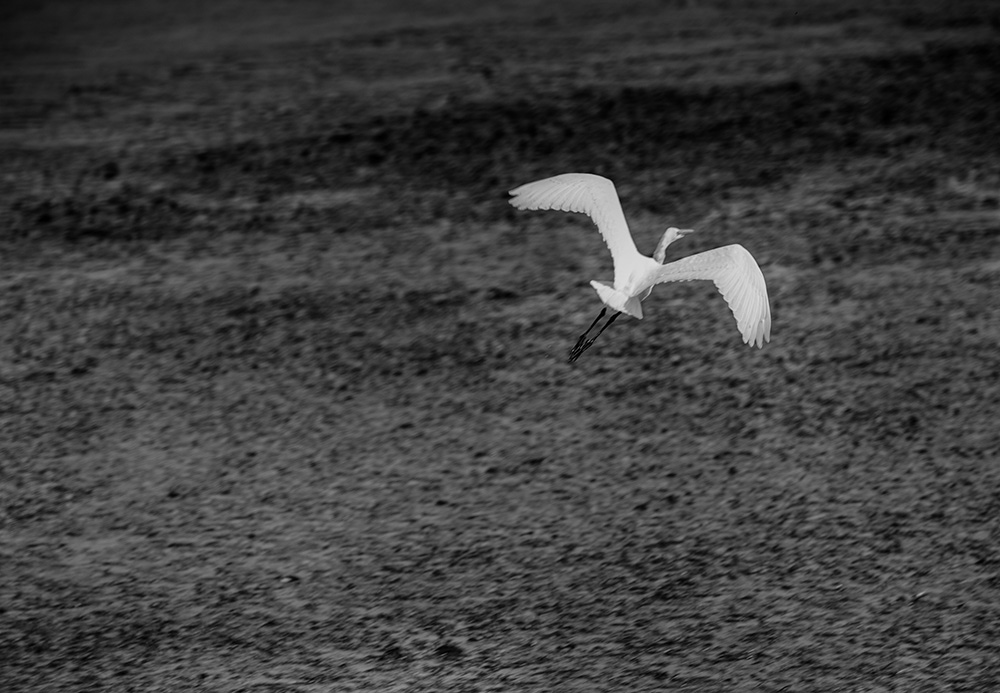
An egret takes wing over the Nature Conservancy’s Emiquon Preserve. Photo from the book In The Spirit of Wetlands by Clare Howard. (Photograph © David Zalaznik)
Wetlands are vital features of the natural landscape that provide numerous benefits for people, fish and wildlife, and the planet itself. One of the most productive ecosystems in the world, wetlands can contain a variety of life, from microbes, plants and insects, to amphibians, reptiles, birds, fish and mammals.
A few of wetlands’ functions include protecting and improving water quality, providing fish and wildlife habitats, storing floodwaters, and maintaining surface-water flow during dry periods.
A key part of the planet’s self-sustaining mechanisms, their plants, animals and microbes contribute to atmospheric maintenance through their effects on nitrogen, sulfur and water, scientists say. The Environmental Protection Agency describes wetlands as significant to Earth’s environment and life as coral reefs and rain forests.

Recent Comments